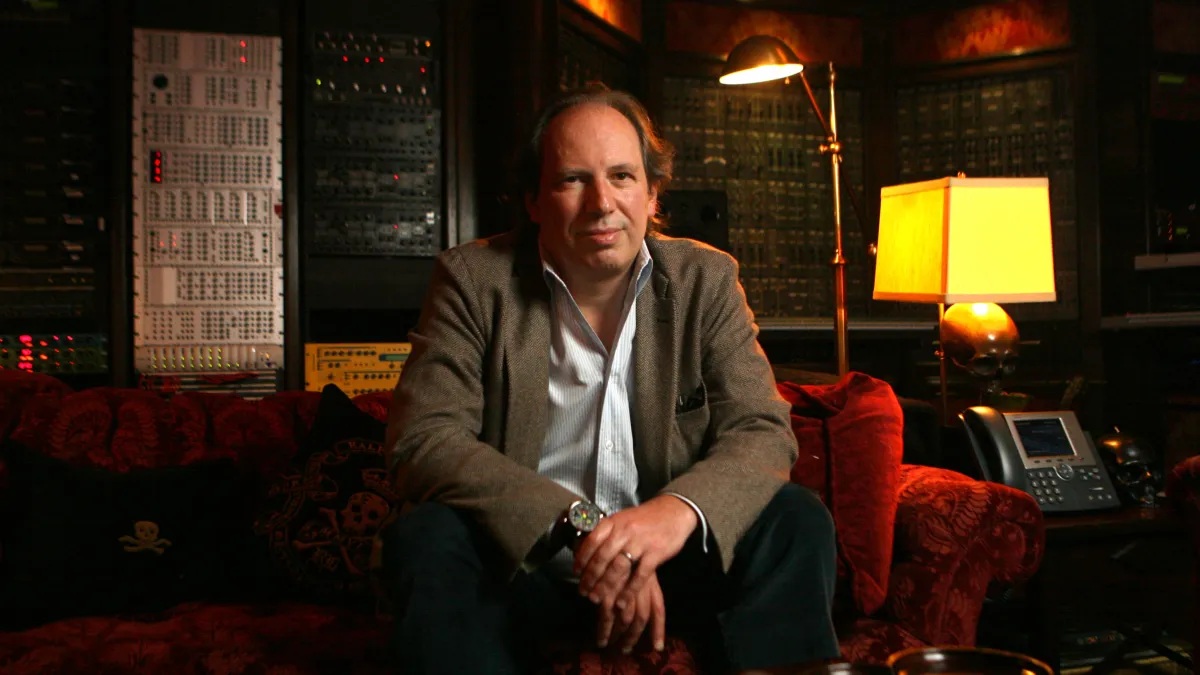When it comes to the world of film scoring, Hans Zimmer stands as a titan among composers, a maestro whose melodies have become the heartbeat of some of the most iconic movies of our time. From the sweeping savannas of “The Lion King” to the brooding depths of “The Dark Knight” trilogy, and the vast deserts of Arrakis in “Dune,” Zimmer’s compositions have not only earned him two Oscars and four Grammy Awards but have also etched his name into the annals of cinematic history. Yet, despite a career that spans four decades, Zimmer’s passion for music keeps him far from the thought of retirement.
“Are you kidding me?” This was Zimmer’s playful retort to the notion of retirement in a candid conversation with IndieWire. He continued with a rhetorical question that mirrored the incredulity of his initial response, “I’ve played all my life.
Why would I stop playing?” For Zimmer, music is not just a profession; it is synonymous with living a “playful life,” a continuous journey of creation and discovery.

Zimmer’s relationship with music is a dichotomy of dread and desire. He admits to the daunting feeling that grips him each time he faces the blank page, the fear that he might not know how to fill it with notes yet again.
But this fear is what propels him forward, a motivator that keeps him seeking that elusive piece of music he believes is waiting to be discovered. He describes each new project as an experiment, a pursuit to uncover some “emotional truth” within the notes.
During a live discussion at The Whitby Hotel in New York City on March 14, Zimmer revealed his unique approach to composing.
Unlike many artists who may seek inspiration from their peers, Zimmer prefers to isolate himself from other music during his creative process. It’s not about fear of influence or unintentional theft; rather, it’s about self-comparison and the pressure he feels when he listens to finished works – even the ones he considers less than stellar.
Zimmer’s eclectic taste in music reflects his diverse influences. From the classical grandeur of Beethoven to the punk rock edge of The Clash and The Sex Pistols, his musical palette is as varied as his scores. Interestingly, despite considering his classical education lacking, Zimmer’s knowledge in that realm is profound, perhaps only rivaled by his familiarity with punk rock.
His latest work on “Dune: Part Two” has been met with critical acclaim. David Ehrlich, in his review, described Zimmer’s score as “a bittersweet wail” that resonates with a depth and emotion surpassing even the impressive soundtrack of “Part One.” It’s clear that Zimmer’s music continues to be as impactful and essential as ever.
For fans and cinephiles alike, the notion of Hans Zimmer retiring is unthinkable. His scores are not just background music; they are characters in their own right, shaping and defining the films they accompany. So when Zimmer asks rhetorically why he would ever stop, we find ourselves grateful for his relentless pursuit of that next great piece of music. For as long as there are stories to be told on screen, we hope there will be scores from Hans Zimmer to bring them to life.
In conclusion, retirement is not a word that fits into Hans Zimmer’s vocabulary. His life’s work is far from over; it’s an ongoing symphony that continues to evolve with each new project. And as audience members, we are merely eager listeners, awaiting the next movement in his extraordinary composition for cinema. Are we kidding about wanting him to retire? Absolutely. We wouldn’t dream of it.






